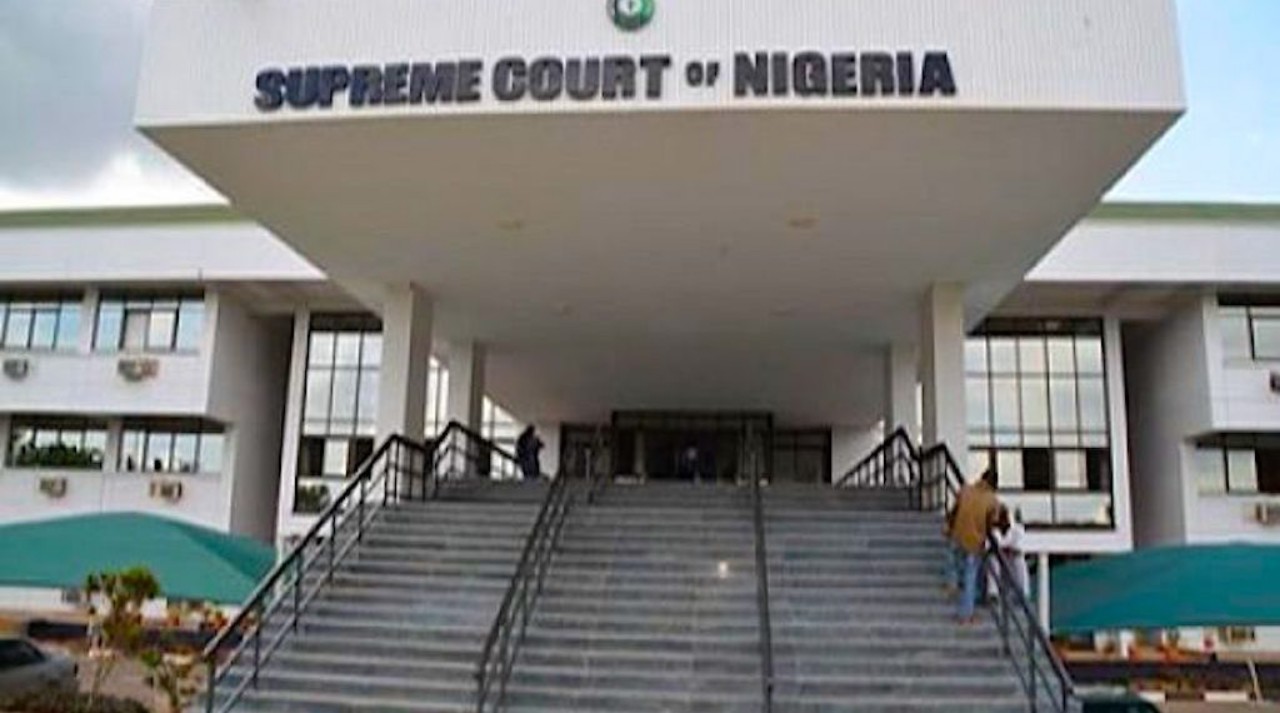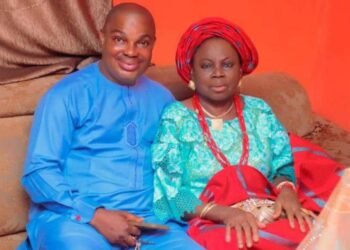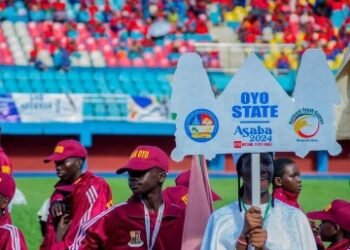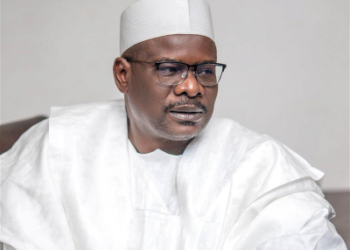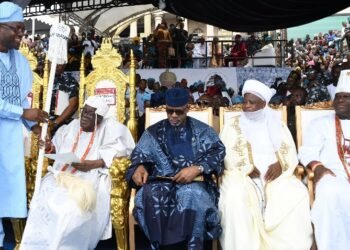I wish to add my own voice to the ongoing healthy discourse on the above by pointing out some contradictions in one Mr Adedayo Oshodi’s rejoinder to Dr Lasisi Olagunju‘s Monday Lines column on the proposed appointments into the Supreme Court.
Mr Oshodi submitted (or admitted) that Lagos and Ogun states were paired for appointments into the Supreme Court, yet he admitted that when Justice George Oguntade from Lagos State retired in 2010, he was replaced with Justice Olabode Rhodes-Vivour from Lagos. Shouldn’t that slot have gone to Ogun State or could it be that Ogun was too illiterate to have a qualified candidate for a seat in the Supreme Court?
Indeed, I have just been told that the last judge from the Ogun State judiciary to be at the Supreme Court was Justice Ebenezer Babasanya Craig who retired in 1989 (34 years ago). Lagos has monopolised the joint slot of the two states for going to 40 years!
Note that Justice Aloma Mariam Mukhtar, whom Mr Oshodi claimed stopped the rotation of Supreme Court seats among states, became the Chief Justice of Nigeria in July 2012. She retired in November 2014.
In anycase, Oshodi’s claim that Justice Aloma Mukhtar stopped pairing of states when she took over as CJN is difficult to believe. Why did he think the Federal Judicial Service Commission put state of origin in front of each of the names it recommended last week?
I also find it curious that Mr Oshodi is justifying the choice of a Lagos-born judge for the extant slot because, according to him, “the slot available was vacated by a Lagosian in the person of Hon. Justice Olabode Rhodes-Vivour, who retired on 22nd March, 2021 after he was appointed on 16th September, 2010.
This argument is rather funny, especially coming from a lawyer. So, when Justice Olufunlola Adekeye from Ekiti State retired in 2012, why was she not replaced with another justice from Ekiti State? Why did that slot go to Justice Kudirat Kekere Ekun from Lagos?
Mr Oshodi, in his concluding paragraph, argued that the nomination of the two gentlemen from the South-West was based on what he called “merit and the time-honoured tradition of the Nigerian judiciary for seniority.”
This is against the facts that are in public domain. The seniority list at the Court of Appeal shows that the No. 2 man in that court is from the South-West (Osun); No. 3 is from the South-West (Ekiti); No. 14 is also from the South-West, just as No. 15 South-West (Osun). So, where is “merit and seniority” and justice in jumping over these seniors to pick No. 22 as the priority candidate for the zone?
Mr Oshodi, a lawyer, claimed that balancing in the judiciary is based on the “six geo-political zones (NW, NE, NC, SW, SE, SS) not based on states as suggested by Olagunju.” Could that mean that our judiciary at the highest level does not know that the 1999 Constitution, as amended, does not recognise zones? No where in the Constitution is Oshodi’s so-called zones mentioned. What the Constitution recognises are states.
Oshodi rightly stated that the Constitution mandates govt agencies to respect what he called “fulfilment of federal character principle” to avoid lopsided “appointments into national institutions”, yet he took a position that did violence to that provision of the constitution. If there are four slots for a highly educated region like the South-West, how can one state out of six take two and a lawyer working for a senior advocate will put pen to paper to justify it? Haba! It is sad that we are discussing the Supreme Court here. Now we know that, indeed, gold rusts.
•Atanda Lawal writes Abeokuta, Ogun State.
















